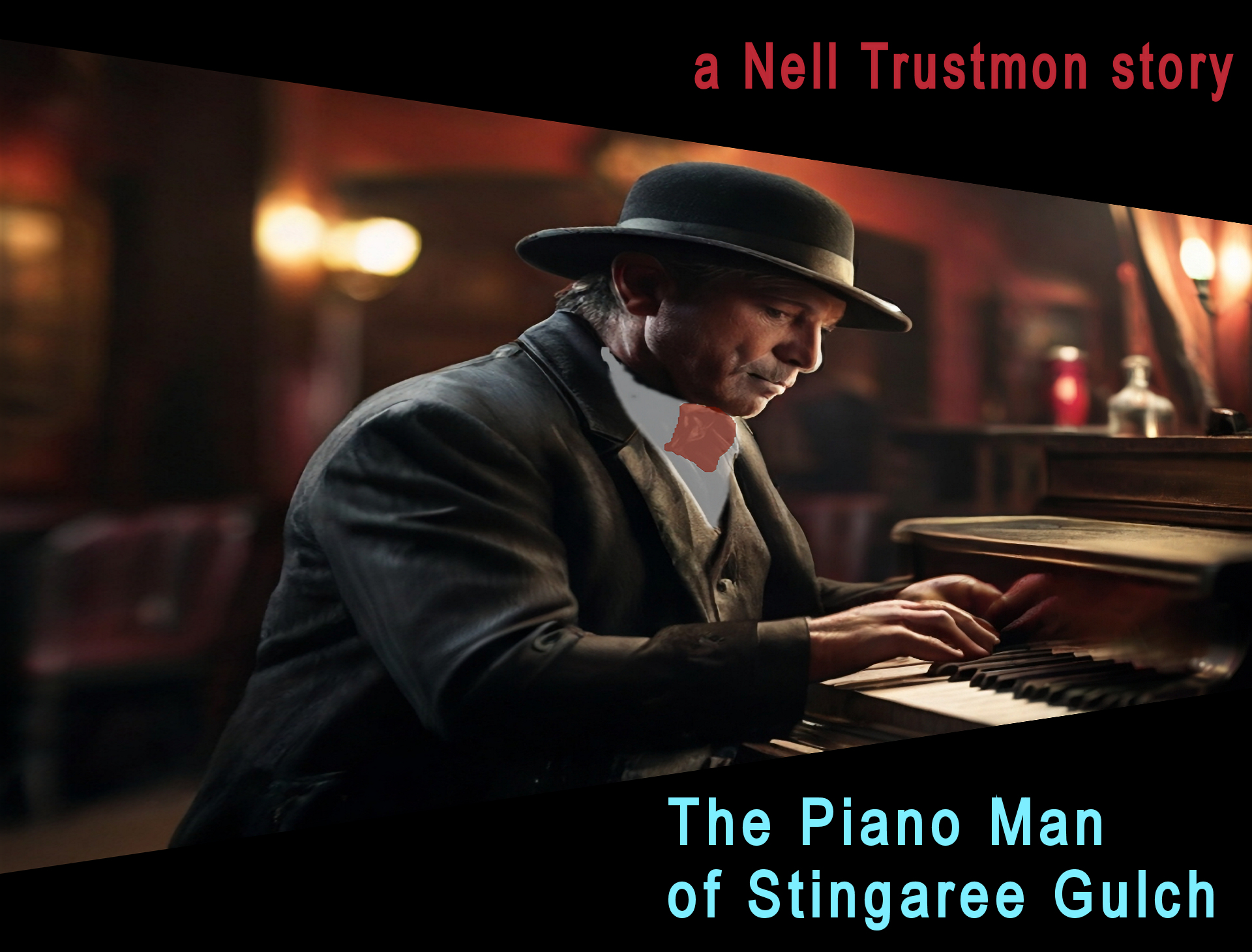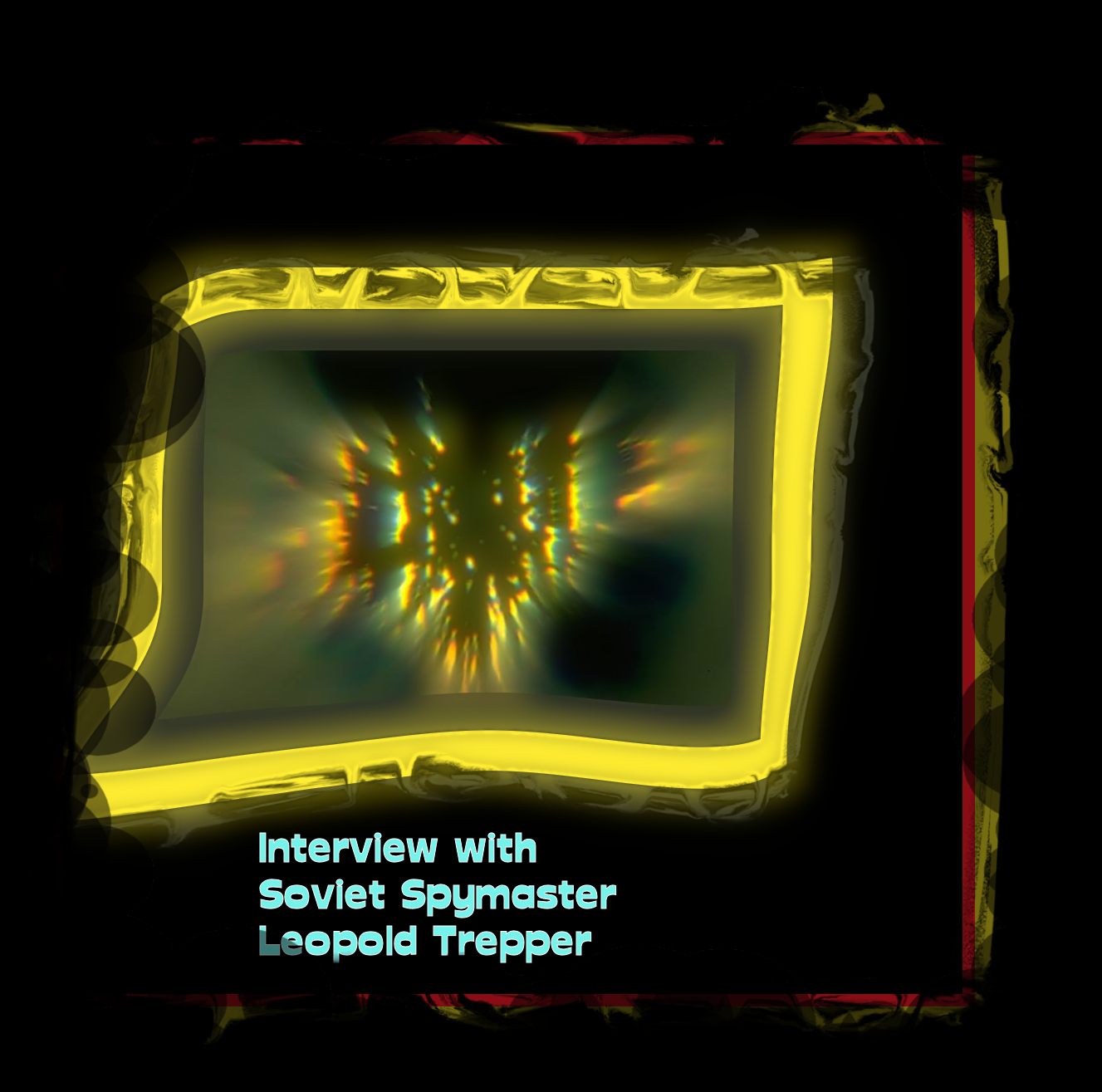Listeners’ Favorite Stories
Enjoy 2023’s most downloaded stories.
Appaloosa Radio publishes original fiction in three formats: Audio stories; Video; and Text versions.
Favorite Stories

One-Armed Guitar Player
The morning fog had begun to lift around the pier, and the weekend tourists were starting to leave their hotel rooms for a day at the beach.
The one-armed guitar player opened his guitar case and carefully removed his Les Paul Deluxe 3 E X model from its well-padded home. He put one foot on the small bench and then rested the instrument on his knee. Some would say that it was remarkable that he could do so much with only his left arm, but for him the routine was ordinary. He held the guitar close to his chest with his chin and then fastened the strap. Once the guitar was secure, he lowered his foot to the ground and stood erect, checking to make certain that everything was comfortable.
It was time to begin his daily show. He plugged the guitar to his battery-powered amplifier. Speaking softly to his guitar, he said, “Time, my sweet, for beautiful music.” He began a soft jazz riff matching his mood and the weather.
The Psychiatrist
On this episode of Lies and Detection, host Jonas Chartogaro interviews renowned Soviet spy Leopold Trepper. Trepper recounts his astounding experience undergoing over 1000 interrogations throughout his life at the hands of various regimes. He provides insights into enduring intensive questioning by deciding beforehand what information to reveal. Trepper then delves into the chilling story of Joseph Stalin’s troubled son Vasily and the psychiatrist tasked with treating Vasily’s alcoholism. Despite initial progress, the psychiatrist was later thrown into the notorious Lubianka Prison on fabricated charges of “Jewish chauvinism” where he died in custody. Trepper describes the arbitrary cruelty of the Stalinist system, which invented fake charges to justify imprisoning and killing even inner circle individuals like Vasily Stalin. This dramatic episode provides a window into the climate of fear created by Stalinist repression, showcasing how the Stalin regime’s paranoia-fueled purges impacted both top professionals and the dictator’s own family.

A Woman of Substance
by Kay Fetner
Eugenia was just thirteen when her father married her off to an older man. This is the story of a girl from Charly, Arkansas who drove her Model A Ford to freedom and a new identity, to become a woman of substance.
~~~
“I was playing with some of my cousins and my younger brothers up by the big chestnut tree, the one my Pap always refused to cut down. The tree had the blight and should’ve been cut down and the stump burned. But my Pap liked that tree. He would never cut it down.
To us kids, it did not matter that it had the blight. It was ours to climb on and to hide in. We were glad that he’d never cut it down.
Anyways, I was playing with my kin up by that big tree. Then, I heard my Pap say, “Eugenia!” He said it loud with a stern voice. I knew to come runnin’ when he called me like that.
He was sitting on the porch next to a gentleman wearing his best Sunday go-to-meetin’ dark suit. The gentleman had some gray hair at the temples, and he was beginning to bald.
When I came up the steps to the porch, both men stood up. My Pap spoke.
“Eugenia, I want you to meet Mr. Winston Garrison.”
“Please to meet you, sir.”
My Pap continued. “Mr. Garrison is an Engineer for the Missouri Pacific Railroad. He has a house up in Omega.”
His voice trailed off. I waited for him to complete his sentence.
“Eugenia, Mr. Garrison is going to be your new husband. I’ve promised him that we can make it official next week in the Parson’s House at the Presbyterian Church in Omega.”
I did not know what to say. I simply stood there. I was just thirteen years old.”

Facts, Just the Facts
“He had done this hundreds of times while working on hundreds of cases. The grizzled, veteran, police detective sergeant checked his notepad for details, and then he turned to the eyewitness to confirm the facts. His job was to confirm the facts. “Just the facts,” as the fictional radio detective Sergeant Joe Friday did every week on the show, Dragnet.”
The police dectective believes that there are facts. Discoverable, evidence-based facts. Hard facts, as the detective sergeant would say. Facts. Not fictions.
Facts are as real as bullets, burglaries, bullies, and bastards.
Facts are discovered. Uncovered. Revealed. They are not made up. Not mere possibilities. Not speculation.
Put all the facts together and you have a whole picture. You know what happened. You know what really occurred. You have the facts.
Yet finding the facts is more obtuse than it seems. In truth, it may not even be possible. Determining which purported events occurred and which did not may ultimately prove fruitless.

Contemplating Evil
He drew a lungful of smoke from his ever-present pipe. He was now 87 years old. He once estimated that he had spent over two-thirds of his life with a pipe between his teeth, filling his lungs with burning Prince Albert pipe tobacco. To be more precise (since he was one who valued precision and accuracy), his estimate had been that he had spent 68.2 percent of his life with a pipe in his mouth.
He came from a generation of Southerners who believed that smoking a pipe was genteel, the sign of a contemplative gentleman, one who measured life carefully, and reached conclusions only after the consideration of all the available evidence.
He sat on his back deck looking at the hills behind his property. Just the merest hint of fall color. If it does not rain, in a couple of weeks the hills will be aflame with all the seasonal colors, and the looki-lews will be coming up to the mountains from Atlanta for their fall pilgrimage. Restaurants and hotels would be full. Craft fairs. Mountain music. A good time to stay home, he thought.
Still, it was good to live in the Georgia mountains. They understood him as no mortal did.
He sat on his back deck, smoking his pipe, in deep contemplation.

Gambler’s Boots
The Robbery of the Overland Express Train
As re-told by Officer JAMES H. KINKEAD, the officer who arrested the perpetrators
In this episode, we share an original historical document. It has not been fictionalized.
Former Washoe County Undersheriff, Officer James H. Kinkead died June 9,1912. Among his papers and effects, Jim Kinkead’s family found a pencil-written manuscript telling about the robbery of the Overland Express Train # 1 on November 5, 1870, and about Kinkead’s role in apprehending the perpetrators.
Central Pacific’s Train No. 1, the “Overland Express,” carried bags of newly minted gold coins for the monthly payroll of the Yellow Jacket Mine. The train robbers believed that they were stealing a haul worth over $60,000.
The manuscript contained a poignant note. “Of the many officers who took a prominent part in the arrest and conviction of the train robbers, all are now dead save me. I was the one who followed the faint, small-heel footprints through the mountains until they led me to the lair of the robbers. I was also the officer who collected most of the evidence used at the trial. For these services, I received most of the large reward.”
~~~~~
Jim Kinkead’s manuscript is now housed in the Nevada State Archives.
Music — Ballad of the Well-Known Gun by Elton John. Recorded in his Tubleweed Collection (1970)

The Piano Many of Stingaree Gulch
A favorite Nell Trustmon story!
Nell places a newspaper advertisement looking for folks who could tell the story of Nevada’s notorious Siingaree Gulch, the West’s premier “Sin City.” She locates “George” a western piano man who worked closely with the notorious gambler and boxing promoter, Tex Rickard, who had created the “Gulch.”
There, Tex operated over 100 saloons, and almost as many gambling dens and dance halls. His brothels operated on a massive scale. He printed and widely distributed postcards with photos of scantily clad women and the claim that Stingaree Gulch “had 600 girls on its line — all nations, all colors.” It added, “Show this postcard at any bar, and Tex will buy you a round.”
Tex Rickard may also have been the most brilliant sports promoter of his generation. The 1906 match between Oscar “Battling Nelson” and Joe Gans is considered by many sports historians as the greatest fight ever. And, Tex staged it in Goldfield, Nevada in the middle of the desert,
Probably, Tex Rickard’s most audacious pursuit was as the 1910 July 4th “Fight of the Century” between America’s “great white hope” Jim Jeffries, and the in-your-face Jack Johnson, the most hated man in the Nation. While Tex personally made over a million dollars from the fight, it triggered massive waves of racial violence.
And the piano man was there to see it all!
Sauced!
“Within the world of espionage, they often call it a “honeytrap.” A sweet opportunity to trap an individual, to compromise them, to procure information, to elicit on-going cooperation. The enticements often include sex, drugs, special status, and money. Once an individual falls into the honeytrap, they are particularly vulnerable to blackmail, extortion, and exploitation.
In the posh international, resort city of Lell, which hosts guests from a million different sectors, there were many such “honeytraps.” All the major (and many of the not-so-major) powers operated them.
In a place where the principal occupation was gathering, acquiring, stealing, confirming and falsifying information, “honeytraps” were essential enterprises. They came in all sizes, and varied greatly in quality of their surroundings, and in expertise of their operating clandestine agents.
Brutish dive-bars operated by low-level goons, all the way up, to the luxury suites with all of the accoutrements of fine living operated by very sophisticated and well-trained Mozhnos.
While there were many such “honeytraps,” there was one of singular brilliance, one that featured opulence beyond imagination, one with its own unique crystalline pavilion displaying unparalleled views of the magnificent Lake of Many Colors. Where only individuals of the greatest significance were personally invited. The Événement de la soirée — hosted by the Noblewoman, Bronwynne de Soluxe, the cousin of Noble Son Dusko Rarrko, the Second Son of the 19th Great Nobleman of Sassko.
Every other night at 21:00, the Noblewoman would open her crystalline pavilion to a group of specially invited, international guests. Then, at 9 the next morning, after serving a magnificent buffet, she would close it.
Of course, on Lell’s designated “Official Day of Rest” (every tenth day), like every operation in the City, she would keep the pavilion closed. Otherwise, she operated it with precision, wit, and her special talent for making guests feel at ease.
Like the other “honeytraps,” Noblewoman Bronwynne staffed her pavilion with Koopsie girls, artificial creations of exquisite beauty, whose sole purpose was to bring pleasure. But, unlike many of the others, she also added Koopsie boys (for those who were so inclined).
She also provided delicacies of an infinite variety and quality. Nowhere in the quadrant could one find such meals! The best of the very best. Indulge yourself. Eat well. Sample delicious fare from over the known universe.
Unlike the other operations, Noblewoman Bronwynne provided live music from the most acclaimed performers. Many came to the pavilion to listen to their favourite musicians playing in an intimate and acoustically perfect venue.
Everyone knew that Lell, the posh resort city by the Lake of Many Colors offered every recreational opportunity, drug, potion, or experience to its guests, but unfortunately (for some), the price of a delivery to one’s luxury suite could be very expensive. However, if you were invited to an evening at the Noblewoman’s crystalline pavilion, everything was provided free. And, everything was always of the very highest quality.
Finally, Noblewoman Bronwynne provided what she called the games.
Many centuries ago, Lell had banned gladiatorial combat events, but the Noblewoman had found a way around this ban. She used gladiatorial robots who fought to their death in her specially constructed, underground arena. Since they were not human, the ban did not apply.
Also, since the games occurred within a private entity whose entry was tightly controlled, no City inspector ever bothered to check things out. Bribes worked wonders.”




